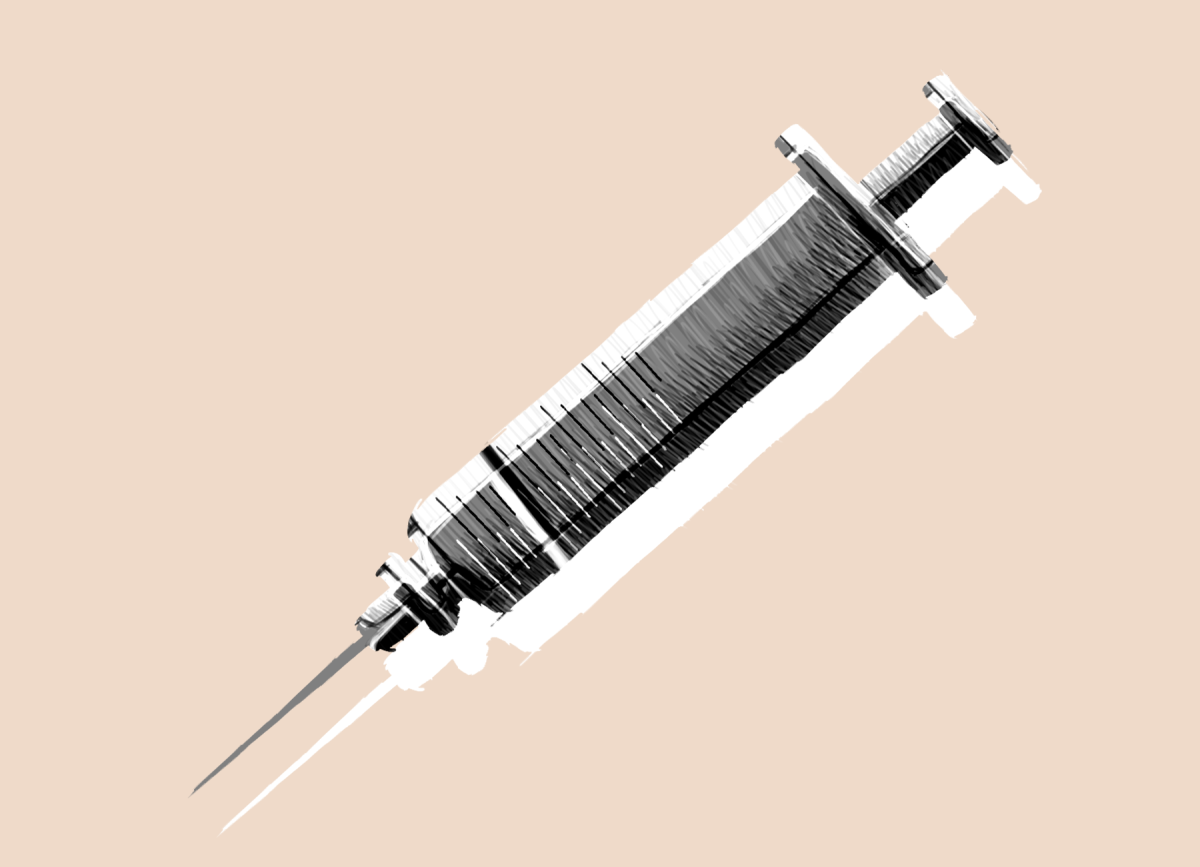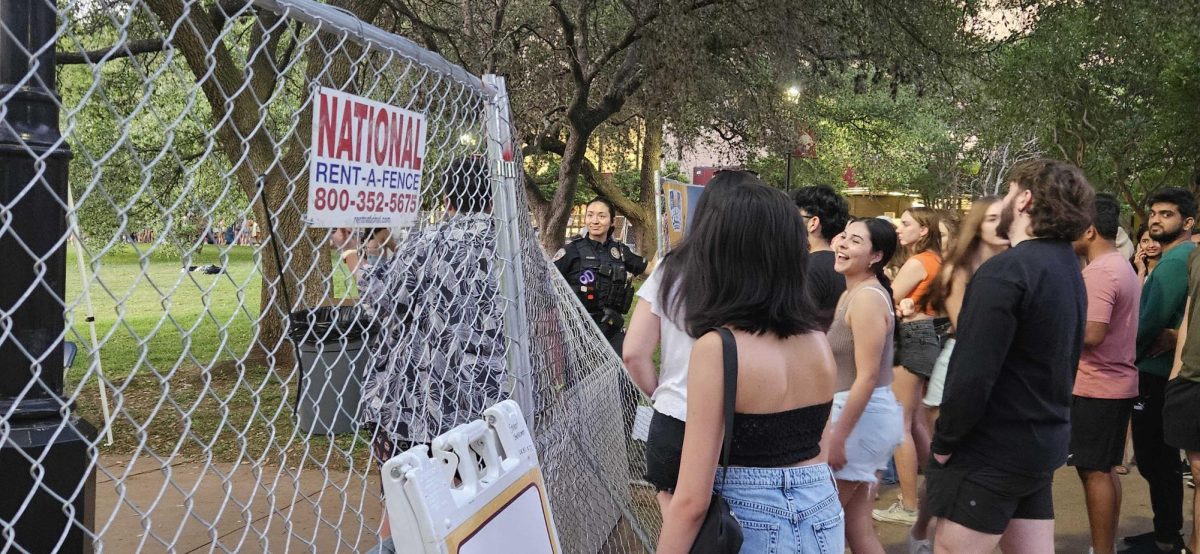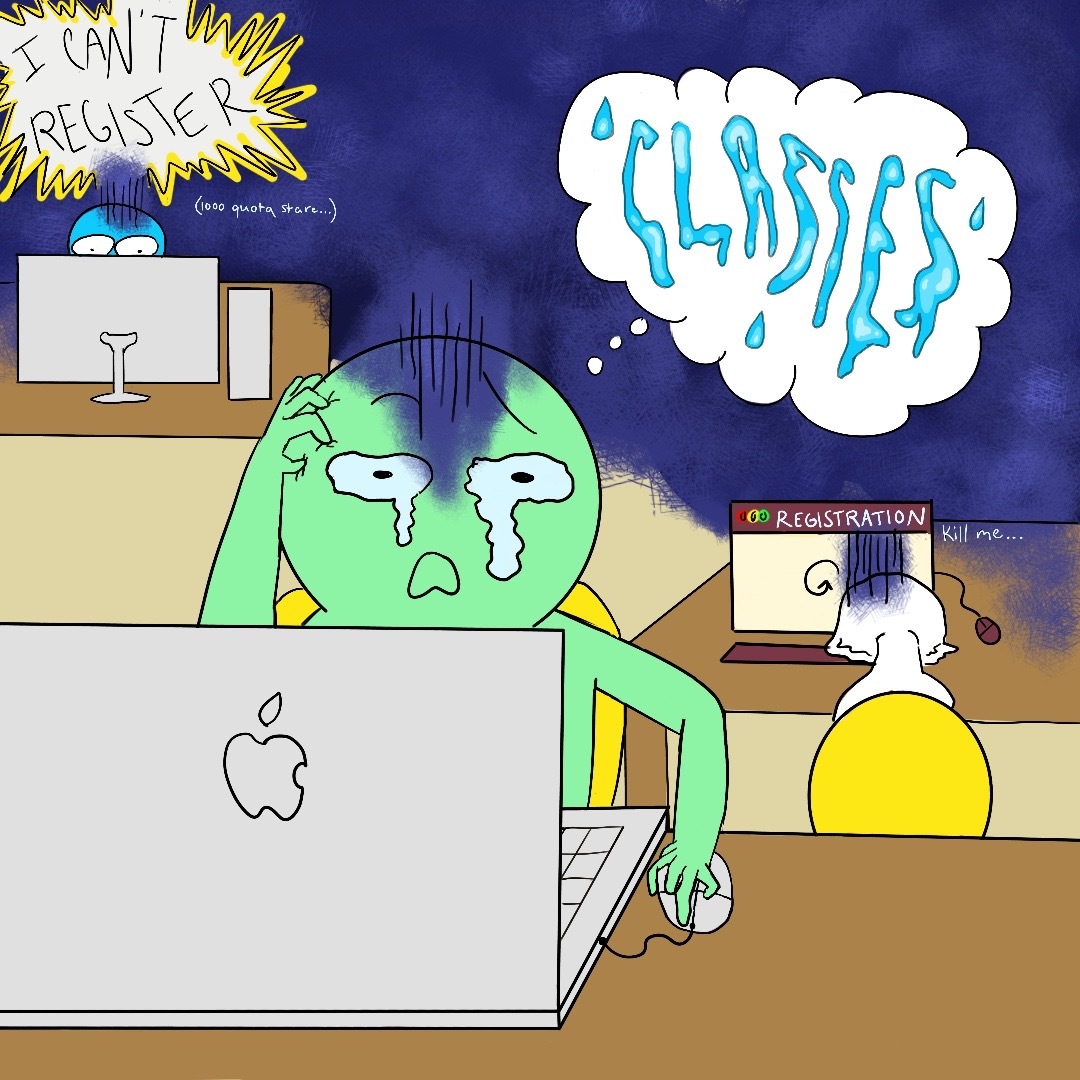In 2016, Testing Tuesdays provided students access to HIV testing, free of charge.
Every other Tuesday, an organization called PartySafe administered HIV testing to students on campus. This group works as a peer-educated campaign aiming to reduce sexual risks associated with heavy drinking. If students were unable to attend the testings on any given Tuesday, PartySafe gave out coupons for free HIV tests at the Student Health Center, making screening for STIs and HIV a top priority.
However, in 2017, free HIV testing was issued at a significantly lower rate. Specifically, it was only available on one day with a time window of two hours. So far, for the years 2018 and the beginning of 2019, there has been no sign of free testing or increased accessibility for students.
HIV and STIs are no joke and continue to gain prominence. In Texas, there are roughly 82,000 people living with HIV and about 1 in 4 diagnosed people are not obtaining the medical care needed for the virus. Additionally, Texas is on the list for having one of the highest rates of STIs/STDs.
Not only is free HIV testing at Texas State apparently obsolete now, but each time a student would like to get tested at the Health Center for STIs/HIV, paying money out of pocket is often required, insurance or not.
Students value free goods and services, as well as need them. Once testing for sexual infections, diseases and HIV costs any sort of money, people will stop going and significantly halt checking in on themselves. Since the unknown can be so dangerous, especially when it comes to sexual risks, STI/HIV testing should be free on campus.
It is no secret Texas State has a tendency to act cheaply and sweep students’ needs under the rug. However, this is an issue that cannot be ignored or pushed away, even if Texas is known for its overall conservative views and abstinence-only sex education—if any at all.
Students enter college, especially larger universities like Texas State, yearning for open-mindedness and sexual awakening. Given the fact some students may lack knowledge regarding sex or sexual risks before coming to college, having a place on campus to get tested—free of charge—is vital.
Granted, pricing for STI/HIV services is not monumental at the Student Health Center, but no two students come from the same socioeconomic background. It is not fair to say $25 to get tested for chlamydia here or $15 for HIV testing there is cheap, because that is not true for everyone. However, given the costs of the services fall in the lower price range regardless, the fee for screenings should be waived completely.
While it is nice students receive a “free” condom packet at their first STI screening, this seems reactive when in reality, proactivity should be the goal. Condoms and dental dams do not cure infections or diseases, nor do they pay for treatments.
Additionally, considering a quarter of students attending public schools in Texas do not receive any sex education, comprehension on safe sex may be nonexistent, as is the understanding of what goods come inside the packets. So once again, this is a somewhat pathetic attempt at aiding students in their sexual health endeavors.
What students need is free screenings for STIs/HIV. Often times, people are unaware of infections they may have due to experiencing little to no symptoms. A large portion of STIs are asymptomatic, and the incredible frequency of sexual illnesses that stay hidden within the body is a factor making STIs so abundant. Individuals will continue in their sexual activity and go about their lives, completely unaware there is anything wrong and pass their disease or infection to a partner. It can grow to be a vicious cycle if not nipped in the bud.
This is why regular and habitual screenings are so necessary and should be provided to students for free at an easily accessible location. Regardless of the fact there are clinics that administer STI/HIV tests for free or with highly subsidized prices, students coming from lower-income homes may not have a car or way to utilize these services.
By offering free screenings, students will be encouraged to get tested as often as they need or desire. In fact, people should get checked after every sexual partner and before anyone new to guarantee each person is clean and healthy as a way to prevent the passing on of an infection or disease. Very rarely does this occur, however, as the main culprits are convenience and money, both of which tend to get overlooked.
– Bayley Bogus is a journalism senior














